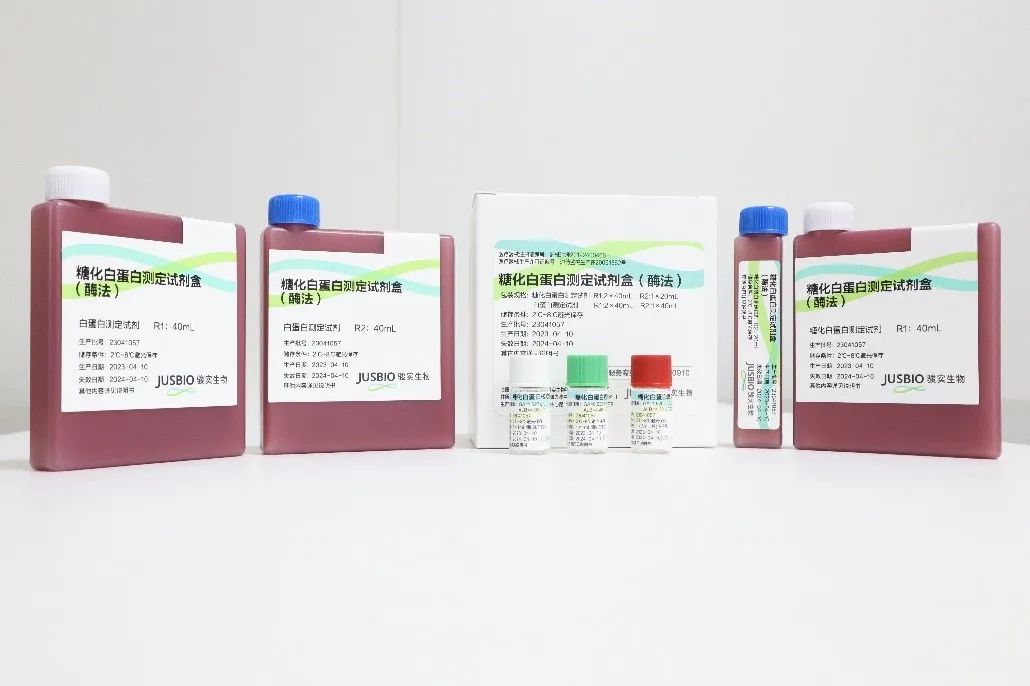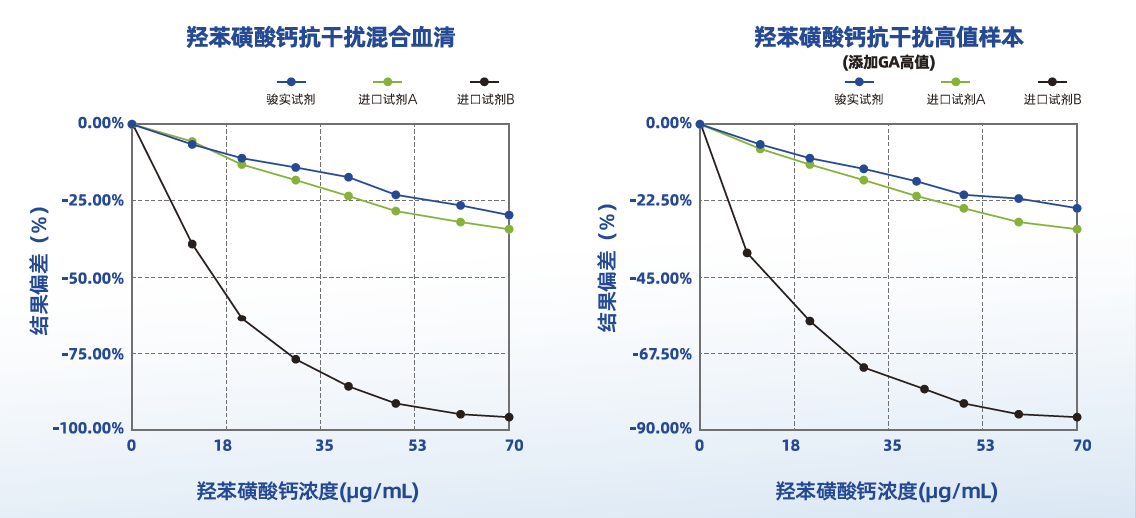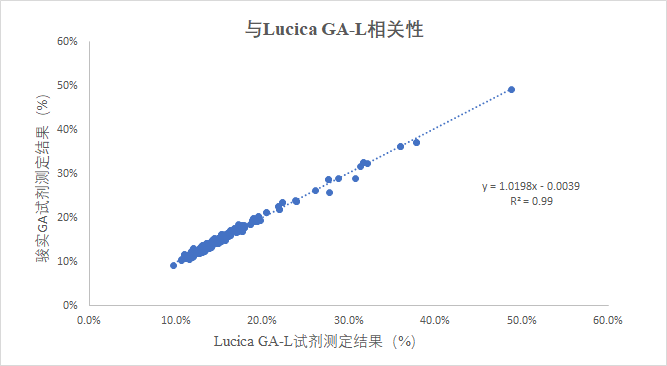Scientific Response, Precise Insight: Glycated Albumin Testing Helps You Stay Away from the "Sweet Burden"

As a "sweet killer" threatening modern health, diabetes has become a major global public health challenge. Data shows that the prevalence of diabetes in China has reached 12.8%, with over 140 million patients. With the incidence of diabetes rising year by year, it places a heavy burden on society and families, making prevention an urgent priority.
November 14, 2025, marks the 19th United Nations Diabetes Day. This year's theme, "Diabetes and Well-Being," emphasizes placing the overall well-being of diabetes patients at the core of care—not only focusing on blood glucose control but also improving patients' quality of life through scientific prevention and management.
Glycated Albumin: The "Agile Pioneer" in Blood Glucose Monitoring
Glycated albumin (GA) is the product of a glycation reaction between glucose and plasma albumin in the blood. It accurately reflects an individual's average blood glucose levels over the past 2–3 weeks. In the field of diabetes prevention and control, GA is emerging as an "agile pioneer" in blood glucose monitoring due to its unique clinical value.
Traditional diabetes management primarily relies on two indicators: fasting blood glucose and glycated hemoglobin (HbA1c). However, the former only reflects momentary blood glucose levels and is easily affected by various factors, while the latter reflects average blood glucose over the past 2–3 months, with a "long reflex arc" that cannot capture recent fluctuations in time, often missing the optimal window for intervention.
Precision Detection Tool: GA Test Kit

Compared to HbA1c, GA is more sensitive to short-term blood glucose changes, perfectly filling the monitoring gap between instantaneous blood glucose and HbA1c. It serves as an ideal indicator for assessing short-term glycemic control. Additionally, GA is not influenced by hemoglobin-related factors. In conditions where HbA1c results may be distorted—such as anemia, chronic kidney disease, renal failure (especially in dialysis patients), and pregnancy—GA still provides reliable blood glucose assessment results.
Scientific clinical decision-making relies on accurate detection tools. The Glycated Albumin Assay Kit (Enzymatic Method) (Shanghai Medical Device Registration No. 20192400466), independently developed by Junshi Bio, a subsidiary of Dunwill Medical, ensures robust performance for GA testing.
This kit accurately reflects average blood glucose levels over the past 2–3 weeks. It is suitable for diabetes screening, auxiliary identification of stress hyperglycemia, blood glucose control monitoring, and treatment efficacy evaluation—particularly for assessing the effectiveness of adjusted treatment plans in diabetic patients. By providing timely and reliable results, it significantly improves diabetes screening efficiency and supports precise clinical diagnosis.
1. Diverse Sample Types
Fasting is not required for testing, and both serum and plasma (EDTA plasma, heparin plasma) can be used.
2. Advanced Methodology
Compared to glycated serum protein (GSP), GA testing offers higher specificity and has largely replaced GSP. Traditional albumin detection using the bromocresol green (BCG) method is affected by ascorbic acid and hypoalbuminemia (especially when albumin concentration is below 3 g/dL). The improved bromocresol purple (BCP) method avoids these interferences and is gradually replacing the BCG method in GA testing.
3. High Accuracy
The kit demonstrates high accuracy when measuring standard reference materials such as Japan's JCCRM611-1 Glycated Albumin.

4. Wide Detection Range
The Glycated Albumin Assay Kit (Enzymatic Method) can detect glycated albumin levels up to 3.0 g/dL and albumin levels up to 6.0 g/dL.
5. Strong Anti-Interference
CapabilityThe kit exhibits strong resistance to common interferents such as calcium dobesilate, vitamin C, bilirubin, triglycerides, and uric acid.

6. High Consistency with Leading Imported Reagents
Domestically produced GA assay kits demonstrate equivalent performance to international top-tier brands in core quality metrics. Clinical evaluations using complex real-world samples show high consistency in results.

Endorsed by Authoritative Guidelines: GA Gains Wide Recognition
Due to its excellent technical performance, clear clinical value, and user-friendly operation, GA has been recommended by multiple domestic and international authoritative guidelines. The Chinese Clinical Application Guidelines for Blood Glucose Monitoring (2021 Edition)and the Chinese Guidelines for the Diagnosis and Treatment of Elderly Diabetes (2024 Edition)both state that GA is more sensitive than HbA1c in reflecting short-term blood glucose changes and is a suitable indicator for assessing short-term glycemic control.
The American Diabetes Association Standards of Care (2024 Edition)also confirms that GA can be used to reflect and monitor blood glucose levels over the past 2–3 weeks, offering excellent detection performance—especially in cases involving hemoglobin variants.
Conclusion.
Diabetes prevention and management is a long-term endeavor. In this "protracted battle," glycated albumin (GA), as a precise and reliable blood glucose monitoring indicator, effectively improves monitoring accuracy and provides meaningful references for disease control and treatment adjustments, demonstrating significant clinical application value and potential.
Diabetes should not be seen as a "stumbling block" to happiness but rather as a "wake-up call" to cherish health. May every family stay away from the "sweet burden," and may every life thrive under the protection of science
Your health, our shared commitment.




